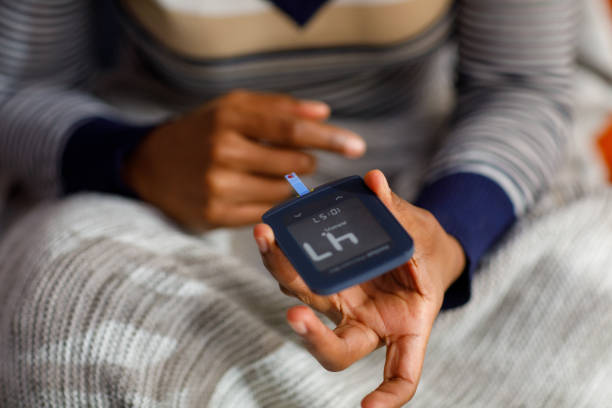Hygiene plays a critical role in the healthy growth and development of infants. Infants have immature immune systems, making them more susceptible to infections. Maintaining a clean environment and practicing good hygiene habits can significantly reduce the risk of illness and promote optimal growth. (Marodi 2006).
Why is Hygiene Important for Infants?
● Reduced risk of infections: Infants are constantly exploring their surroundings, putting their hands and objects in their mouths. This increases their exposure to germs that can cause infections like diarrhea, respiratory illnesses, and skin infections.
● Stronger immune system development: Regular hand washing and proper hygiene practices help expose infants to a variety of germs, allowing their immune systems to develop and learn to fight off infections effectively. (Morgan R.G 2011)
● Healthy skin: Keeping the skin clean helps prevent diaper rash, cradle cap, and other skin irritations.
● Overall well-being: Good hygiene practices contribute to a sense of well-being and can promote healthy sleep patterns and appetite.
Key Hygiene Practices for Infants:
● Frequent hand washing: Wash your hands thoroughly with soap and water before and after handling your baby, changing diapers, and preparing food.
● Diaper changing: Change diapers frequently and clean the diaper area thoroughly with gentle wipes or water.
● Bathing: Bathe your baby regularly with mild soap and warm water.
● Cleanliness of surfaces and toys: Regularly clean and disinfect surfaces and toys that your baby comes into contact with.
● Breastfeeding hygiene: Ensure proper hygiene when breastfeeding or bottle-feeding to prevent the spread of germs.
Supporting Healthy Growth
In addition to good hygiene, a balanced diet, regular checkups with a pediatrician and a stimulating environment are essential for optimal infant growth and development.
By prioritizing hygiene and following these simple guidelines, parents and caregivers can create a safe and healthy environment for their infants to thrive.
Maródi L. Neonatal innate immunity to infectious agents. Infect Immun. 2006 Apr;74(4):1999-2006. doi: 10.1128/IAI.74.4.1999-2006.2006. PMID: 16552028; PMCID: PMC1418902.
Katie Millar, Maternal Health, Breastfeeding and WASH. 2011 Aug; Women and Health Initiative, Harvard T.H. Chan School of Public Health





